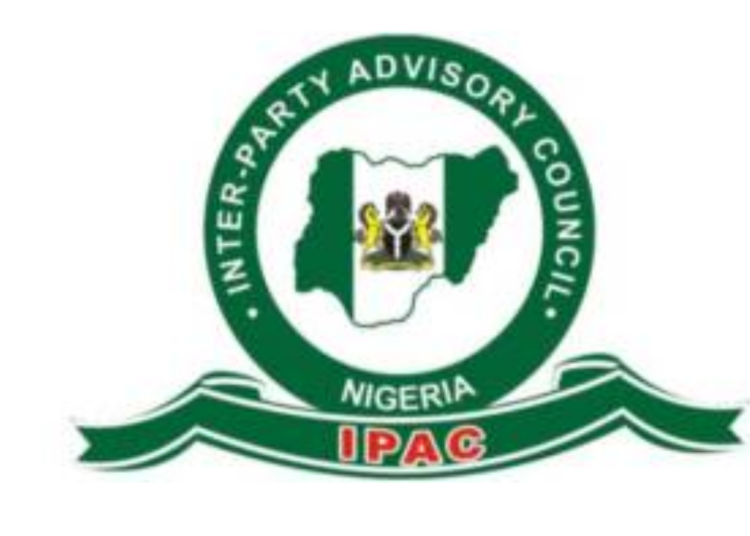The Inter Party Advisory Council (IPAC), civil society organisations (CSOs) and other stakeholders have resolved on the necessity for special seats for women in the states and National Assemblies.
Representatives of political parties, CSOs and other stakeholders noted that the resolution would enhance inclusive democracy which is essential for Nigeria’s progress.
They acknowledged the critical role women play in shaping the nation’s future, adding that women’s participation is vital, as they represent more than half of the nation’s population.
The resolution was contained in a communique issued at the 2nd Inter-Party Advisory Council (IPAC) Policy Roundtable In
Collaboration With The Westminster Foundation For Democracy (WFD) on the theme: “64 Years Of Independence, Inclusive Democracy, And Options Of Special Seats For Women”, held on October 2, 2024 in Abuja.
The communique, signed by the IPAC national chairman, Yusuf M. Dantalle and national secretary Barr. Mgbudem was however adopted on October 25.
The resolutions reached at the end of the gathering, as stated in the communique, are “Inclusive Democracy: We reaffirm our commitment to promoting inclusive democracy in Nigeria, recognising the critical role of women in shaping the country’s future.
“Special Seats Bill: We endorse the Constitution Alteration Bill for Special Seats for Women (HB 1349) and urge its swift passage into law.
“Women’s Representation: We commit to increasing women’s representation in governance processes, addressing the current underrepresentation in legislative bodies.
“Collaboration: We pledge to work together, fostering dialogue among political parties, CSOs, and stakeholders to achieve inclusive democracy.”
The communique also commended IPAC for provoking the conversation at such a critical period in the life of the nation’s democratic journey.
It also commended the introduction of the Constitution Alteration Bill for Special Seats for Women (HB 1349), sponsored by Deputy Speaker, Rt. Hon. Benjamin Kalu and 12 others.
The Bill seeks to amend the 1999 constitution of the Federal Republic of Nigeria to provide seat reservations for women in the National and State Assemblies.
It also harped on the need for a multiple-pronged approach to focus on the key pillars of inclusive democracy; viz; Political Equality, irrespective of gender, ethnic origins, socioeconomic status and level of education; Deliberate measures taken to ensure the visibility and representation of marginalized groups, like women, minorities, and people with disabilities.
Others are decentralisation of power, to give lower levels of government and the people some involvement and control, so that decision making is not dominated by a distant elite or core majority groups and interests; Deliberative Democracy, which encourages wider deliberative processes, wherein diverse perspectives are brought to bear on the making decisions process; and Equitable Policies that reflect the holistic interests of the population, in the electoral reforms that will promote inclusive representation.
The communique stated that there should be inclusive structures to ensure that party leadership and decision-making bodies have equal representation of women and men which could be achieved by setting targets or quotas for women.
“Special seats should be allocated to women in the National Assembly and State Houses of Assembly to address historical underrepresentation as this measure will help increase women’s participation and build momentum for long-term change.
“Accordingly, Political parties should make it a matter of policy to implement candidate quotas to ensure that a certain percentage of candidates are women.
“Relevant stakeholders should invest more in building capacity to provide leadership training, financial resources, and networking opportunities to support our female politicians,” the communique read in part.






